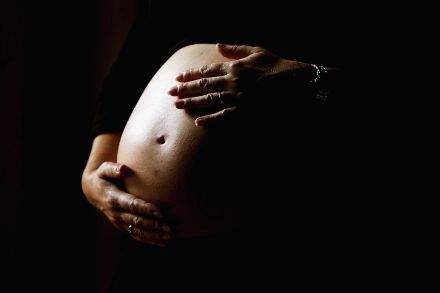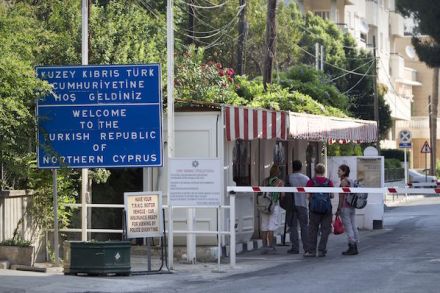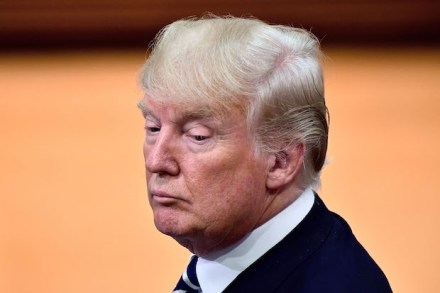I nourish my dream of a fat pill
As good conversation should, the talk meandered from the serious to the playful. One of the serious topics was overseas aid. A generation ago, Peter Bauer, as fine a scholar as ever, addressing himself to that subject, produced a lapidary dictum: ‘Much overseas aid is a subsidy from poor people in rich countries to rich people in poor countries.’ Recent DFID ministers such as Alan Duncan and Andrew Mitchell insist that there have been improvements. Others are sceptical. Announcing that we will spend 0.7 per cent of GDP on aid can create a moral hazard. There is pressure to spend the money: less pressure to ensure that it is wisely




















